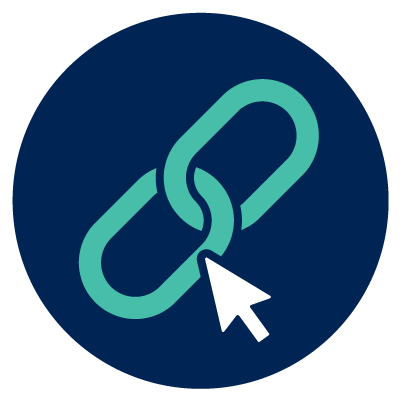Doing work experience and volunteering
Work experience can be a great first step towards getting a job. Learn more about how it can help you and ways to get experience, including as a volunteer.
What is work experience?
Work experience gives you a chance to see and take part in the daily tasks of a workplace. You are not usually paid for it, and it goes for a short time. For example, it might be:
- full time for 2 or 3 weeks
- a day or 2 each week over a few months.
Benefits of work experience
Work experience can have many benefits for you:
- It’s a great way to build your skills.
- It lets you try different jobs to see what you like and what you're good at.
- It can help you show an employer what you can do.
- You can show that you are positive and eager to work.
- It can help an employer look at what changes they can make in the workplace to support you – for example, if you need assistive technology or changes to your workspace.
- You can add the experience to your resume.
The employer might even offer you a job after you’ve finished your work experience or at a later time.
How to get work experience
Your Inclusive Employment Australia provider can give you information about work experience.
If you’re not getting income support from Centrelink or don’t have an Inclusive Employment Australia provider, you could:
- look for work experience through family and friends
- visit some businesses and give them your resume
- look on the websites of places you’d like to work and see if they have a work experience program
- do some volunteer work.
Doing volunteer work
Volunteering is a great way to get some work experience. There are many places that need volunteers, such as local community groups. Start by thinking about the kind of activity you’d like to do. For example, would you enjoy working with animals? Or help to raise money for a charity?
You can search for volunteer roles online. Websites that list roles across Australia include GoVolunteer and Seek Volunteer.
You can also check the website of your state or territory volunteering centre:
- Volunteering ACT
- Centre for Volunteering (NSW)
- Volunteering Queensland
- Volunteering SA and NT
- Volunteering Tasmania
- Volunteering Victoria
- Volunteering WA
Volunteering centres also have information about your rights as a volunteer and the laws that apply.
For many volunteering roles you don’t need special skills and you can learn as you go. Once you get started, don't be afraid to ask the organisation if they offer training. If you complete any training, remember to add it to your resume.
Related pages
Last updated:
Capitalising on a diverse workforce new name: Overcoming fears about employing people with disability
When Samantha Kourtis first met Jack he was 16. Jack’s parents were asking Samantha if he could do work experience at Capital Chemist Charnwood in Canberra, where she has been the owner for five and a half years.
Doing work experience and volunteering

Getting experience can be a good first step towards finding a job.
It can help you learn more about jobs you might like.
What work experience is
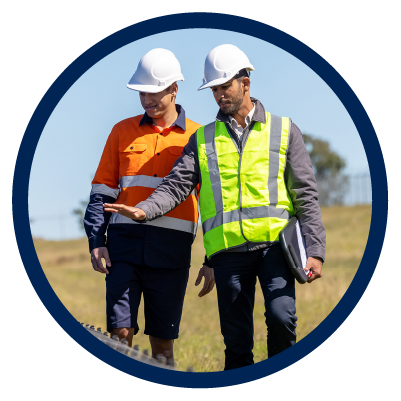
When you do work experience, you take part in a A workplace is any place you might work, such as an office, factory or shop.
When you do work experience, you can see what people do in a job and meet people who work there.
Usually you don’t get paid for work experience.

Work experience is only for a short time.
It might be every day for 2 or 3 weeks.
Or it might be 1–2 days for a few months.
How work experience can help you

Work experience can help you:
- build your skills
- try a job to see if you like it.

It can also help you show an An employer hires people to work for them. what you can do.

You can add work experience to your A resume is a document that lists your work experience, education and skills. People sometimes call this a CV.

Sometimes an employer might offer you a job when you finish work experience.
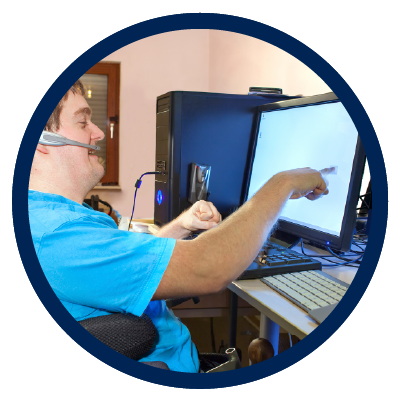
Doing work experience can also help an employer understand how they can support you.
For example, they might need to change parts of your workplace.
Or you might need Assistive technology is an aid or piece of equipment that supports you to work.
How to get work experience
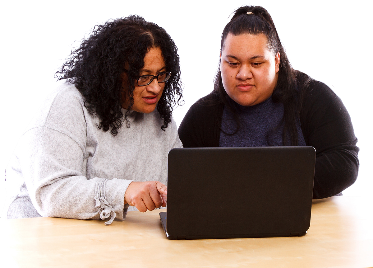
You could ask your family and friends to help you find work experience.

If you have an Inclusive Employment Australia helps people with disability find and keep jobs. Inclusive Employment Australia providers deliver services to help people with disability do this. they can give you information about work experience.
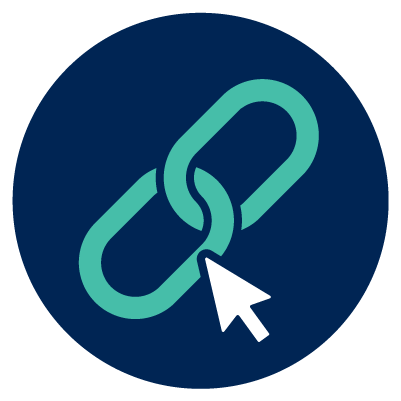
You can find out more in the Inclusive Employment Australia section of this website.

You can also think about some businesses you would like to work for.
You can:
- go to businesses and give them your resume
- use their website to find out if they offer work experience.
Working as a volunteer

You can also get work experience by being a When you are a volunteer, you work but you don’t get paid. Volunteers usually do work that helps other people.
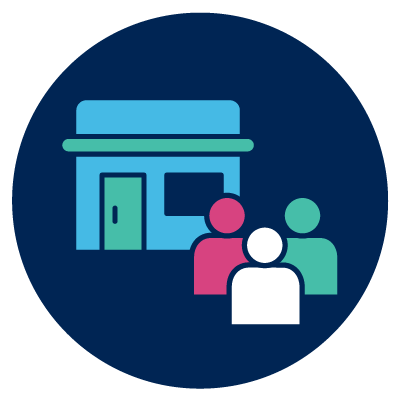
Working as a volunteer is a good way to get work experience.
Many places need volunteers, like community groups.

You can start by thinking about the type of activity you want to do.
For example, you might want to:
- work with animals
- raise money for a charity.
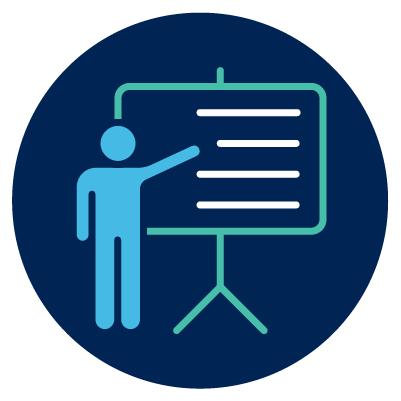
Many places that offer volunteer work will give you training.
You don’t need the right skills before you start.
You can put training on your resume.

You can find volunteer work on the GoVolunteer website.
You can also find volunteer work on the Seek Volunteer website.

You can also find volunteer work at a volunteering centre.
Each state and territory has a volunteering centre.
They also have information about how organisations should treat volunteers.
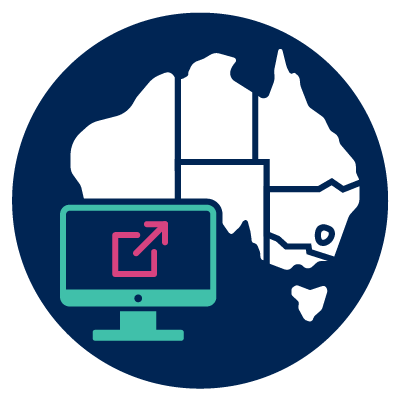
You can visit the volunteering website in your state or territory:


